It is no surprise to acknowledge and realise all the possible emergency disasters that can happen at any unpredictable time around the world. In these current times of the 21st century, being prepared for a disaster is a relevant discussion to have with the people close to yourself and in your community.
What is P-CEP
P-CEP is an acronym for Person Centred Emergency Planning.
P-CEP is an awesome project to help people that identify living with a disability to prepare and get ready for possible disasters that can happen in their own region.
It is a safe inclusive workshop that is facilitated and run by experienced Peer Leaders living with disabilities online and face to face around Australia.
A wonderful workbook has been developed and printed as a hard copy for easy management of participating in the workshop P-CEP program. 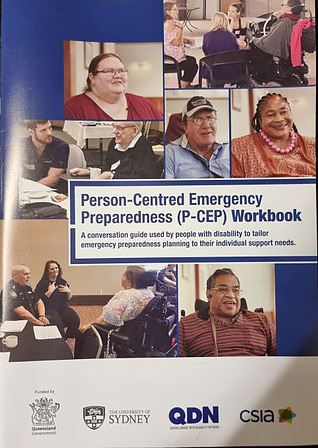
The program is a development that has been funded by the Queensland Government via Queensland Disaster Resilience Fund (QDRF) and the Department of Communities, Disability Services and Seniors.
P-CEP is organised with research led by Associate Professor Michelle Villeneuve from The Centre for Disability Research and Policy of the University of Sydney Australia.
Michelle Villeneuve has a website for further info at Collaborating for Inclusion and you can contact her in regard to your interest in the research for P-CEP.
Also, the Australian organisation CSIA Community Services Industry Alliance has involvement in the Person Centred Emergency Planning program.
Queensland Disability Network is an incredible Queensland organisation based in the city Brisbane. QDN also has involvement in the running of the Person Centred Disaster Planning program.
What is your understanding of preparing for risks?
One of the first things that comes to my mind when thinking about Disasters, is when I reflect on some past disaster events that I have been in. It would be my thoughts of what it means about the possible risks in a region.
I have grown up with very vigilant parents that were always giving some time to prepare for disasters.
In particular, flooding in the city of Rockhampton Queensland Australia is a real threat in the summer storm season. This meant always looking out for that possible wild cyclone bringing sometimes winds of over 100 kilo meters per hour and torrential rain.
My mother Eileen K. Bielenberg and my father Charles R. A. Bielenberg owned the 40-foot-old Fiesta boat in the 1980s which they renamed Atseif. The Fiesta was an old wooden boat that was the first boat to do tourist tours to Great Keppel Islands at the Capricorn Coast Yeppoon, during the late 1960s and 70s.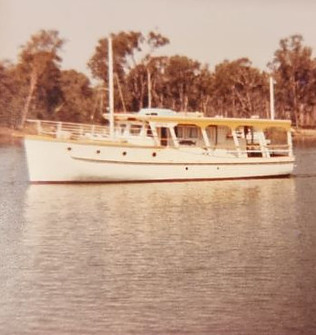
My parents faced an ongoing battle to keep the boat safe, as it was moored in the mighty Fitzroy River. When it flooded it was very fast water tearing down its banks, often carrying tree logs in the running water.
Charlie would go down to the raging waters of the Fitzroy and move the boat to the side of the river and tie to solid rooted trees.
Charles would stay on the boat while the water was rising and often he saved other drifting boats that lifted off their anchors during the flooding.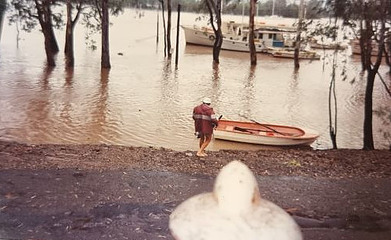
Since those early childhood memories, I look at preparing for risks as an essential part of human life.
And it did come apparent to me that so many people did not have this kind of preparation in place and as a result were left in some terrible situations.
Have you asked yourself what is your level of understanding of what could be a possible risk in your area?
I know this can be a confronting question and I do not take this subject lightly as it can trigger unwanted emotions and nervousness just thinking about this topic.
However, it is a realistic question that is necessary to confront yourself with, for many reasons to serve as a warning for one!
As I do believe that preparation is better, than the touch and go insecurity of complacency.
Do you have local knowledge of local hazards?
I would say the next question to ask yourself is “What are my local hazards?
This can vary depending on your geographic location.
Have your ever wondered or maybe you have already had an experience with being in a disaster where you live. Disasters can even effect someone living in the cities!
A disaster can happen anywhere in the world and a variety of emergencies could affect your locality.
Some possible events have been identified and listed in the Person Centred Emergency Planning workbook and are as follows:
Heatwave, Severe Storm, Earthquake
Flood, Tsunami, Landslide
Bush fire, House Fire, Pandemic
Cyclone, Power Outage
I would highly recommend identifying your possible risks!
Do some research with your local council, read some blogs about possible disasters and how to prepare for an emergency.
With implementing a plan, you first need to know what your personal living situation is and where to find resources to help.
The ongoing journey of planning.
One very important issue that I recognise myself, is that planning is an ongoing process!.
You can first give yourself credit for knowing what possibly could go wrong.
Then the next question is really an ongoing process of uncovering your strengths and vulnerabilities of your needs, to take into consideration for a great disaster plan.
Preparation for a disaster is not a one time fix everything solution!
You may realise you need to attend to many decisions to put into action for your own individual personal plan.
And the disaster plan will be absolutely totally different for everyone.
This all depends on so many factors that are listed in the Person Centred Emergency Planning workbook via the Capability Wheel.
The Capability Wheel is a design by Collaborating for Inclusion for acting and identifying your personal situation, supports and strengths that you need to consider for preparing and managing a disaster plan.
I found when I did the P-CEP workshop online in 2022, I noticed that I was slightly prepared.
However, there was heaps of things that I discovered through conversation with others, that I could see gaps in my plan.
I also identified that this is truly a personal experience and an individual journey of planning which needs time to develop and grow.
Where can your get support?
I wish to express that even reading about this topic can cause undesirable stress and mixed feelings and I want to commend your for reading this far, thank you.
It is possible to discuss preparing for disasters when you have moral support and your can reach out to someone close to your now. Make a point to talk about what your might like to share openly about your feelings on this topic of disasters.
Even if your have no one close by, this might be the time to reach out to Lifeline Australia.
 I also acknowledge that you may be reading this article coming from an international region, then I would highly recommend that you reach out and share your feelings to an online group that you may be a participant of.
I also acknowledge that you may be reading this article coming from an international region, then I would highly recommend that you reach out and share your feelings to an online group that you may be a participant of.
Having a discussion is a critical part of preparing for disasters.
It all starts with speaking about what you may feel uncomfortable about to someone that cares.
This even could be a local business where your find yourself shopping to get your milk or bread.
Making the first step.
I would like to now invite you to the upcoming online P-CEP workshops which will be facilitated with experienced Peer Leaders online for Queensland, New South Wales, South Australia and Western Australia.
Making the first step can be simply participating in one of these very well planned online workshops.
The one-hour P-CEP workshops that are held on Zoom online, are very inclusive for people living with disabilities and all considerations have been explored in making these workshops safe and a friendly environment.
Please send your expressions of interest to Queensland Disability Network for more information and reserving your spot for a fantastic eye-opening preparation for a disaster P-CEP workshop.
These workshops are designed to create peer leaders in disaster management and by participating you can gain valuable experience for the future.
Conclusion
I have personally done this P-CEP workshop and at first I did find it confronting and certainly with some discussions it challenged my thoughts about how prepared I was for a disaster.
I live with a psycho social disability and in the past I have been left in some very serious life threatening situations that I could have possibly prevented or at least changed the outcomes if I had been more prepared for disasters.
You can come to a conclusion that this may be something that rings true to your heart and your own personal reasons to get prepared. And take actions towards making a choice to take part of the Person Centered Emergency Planning program.
There are only benefits for preparing, and it could make a big difference when a disaster hits in your region.
One thing I have learned, is that, it is not that a disaster won’t happen.
It is more like, when and where will a disaster happen.
Getting ready is one of the best choices I have made!
And I welcome you to join us and share your openness to an ongoing preparation for planning for a disaster using P-CEP.
I am here to help you with anything about this article or where to find further information, please do not hesitate to contact me at my email today.
What are your plans now for the next moments after reading this?
For me I am off to make a cup of nice milk tea and listen to some of my favourite music!
Thanks for reading and when your want to share something please leave a comment below and I will be sure to reply!
Kind regards
Erica Golding
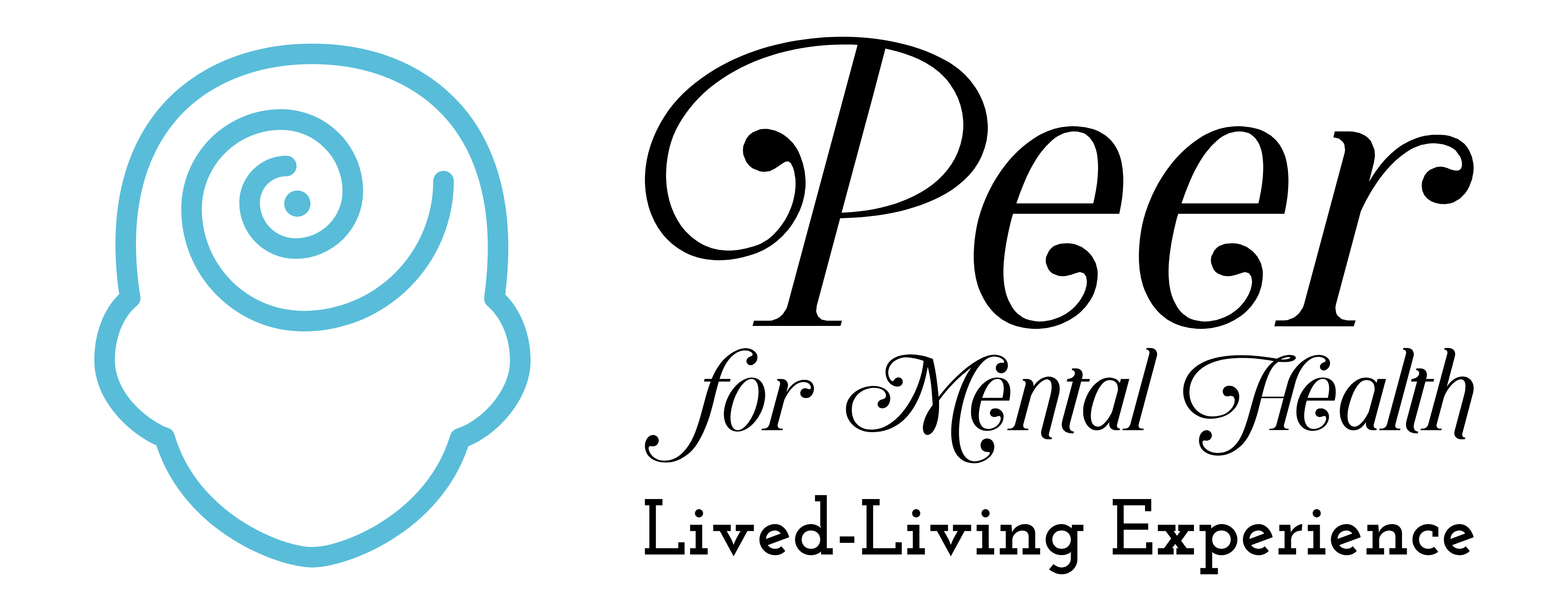
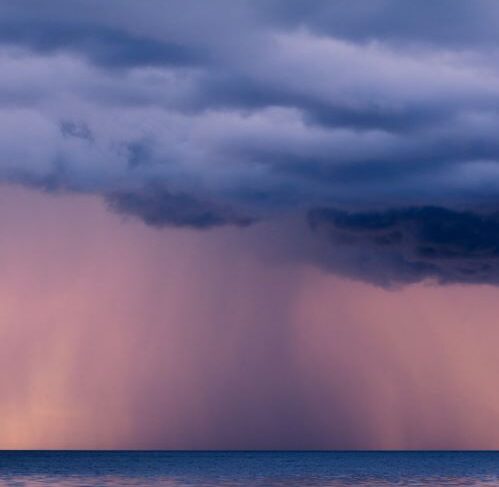
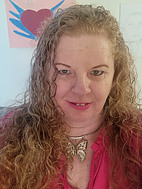



wonderful expression
Hello Hicham,
Thanks so much for your thoughts and comments on this article. I appreciate it!
I am glad you notice wonderful expression in discussing preparing for a disaster, as I am personally so very much see the importance of this topic.
Kind regards
Erica
This article about using P-CEP (Person Centred Emergency Planning) for disaster preparedness is both highly informative and vital. It emphasizes the importance of mental health support alongside physical assistance during crises.
P-CEP appears to be a comprehensive and effective approach for addressing emotional and psychological needs in disaster-stricken individuals
How can individuals and communities actively promote the integration of P-CEP strategies into their disaster preparedness plans? Are there specific steps or recommended resources for those seeking to incorporate P-CEP into their emergency response efforts?
Your insights into this crucial aspect of disaster preparedness are greatly appreciated.
Hello Kiersti,
Thanks so much for your thoughts and comments here on preparing for a disaster using P-CEP, I really appreciate your questions also.
There is absolutely many reasons how the P-CEP can help a person by firstly identifying their strengths and working towards owning their responsibility to take control of preparation of possible disasters.
Using the capability wheel which identifies 8 areas to focus on how certain situations relate to an individuals own unique circumstances in relation to preparing for disasters is an important step.
People can incorporate daily activities like even talking to a friend about what they think is involved in preparing themselves in case of an emergency. It could be that you need to buy a radio and batteries to have stored in the house to keep up with local announcements.
The P-CEP workshop is currently an Australian citizen program and you can register with QDN for doing the online workshop for the upcoming schedules.
Resources will vary quite differently depending on your local councils and town planning. I suggest you get in contact with your local government action groups for further info for one suggestion.
You can research on the internet depending on what type of disaster or emergency you are needing to plan for.
My insights into this topic has been because of my involvement of doing the online workshops myself and I truly find it such a valuable resource in itself is the P-CEP program.
Thanks so much again!
Kind regards
Erica
We never know when disaster might struck, so preparing for a possible calamity, is a brilliant idea. Specially when one can use a resource like P-CEP which is funded by the Queensland Government via Queensland Disaster Resilience Fund (QDRF) and the Department of Communities, Disability Services and Seniors.
Do other states in Australia also offer programs like P-CEP, or is it only available in Queensland?
It is very interesting to read how your parents dealt with possible flooding of the Fitzroy river, and making sure your boat was secure and safe. It must have been a frightening possibility of damage being done to the boat, but being prepared for the possibility, meant any disaster could be managed.
Thank you for sharing your experiences.
Hello Line Cowley,
Thanks so much for your thoughts and comments here on the P-CEP workshop program and thanks for your questions.
The workshop for P-CEP is happening predominately as online zoom meetings on your preferred device such as a laptop or smart phone, it just needs to have access to a camera and microphone speaker. People living with disabilities would use their assistance technology also for easier access.
It is a workshop designed for people who identify living with a disability and it is available for people from Queensland, New South Wales, South Australia and Western Australia that someone can access a steady internet connection.
Thanks for raising the fact that the times with my parents boat and the flooding in the Fitzroy River was, yes, very stressful situation for my parents to handle and manage.
However as I watched them both during these events, they handled it because they were so very much prepared, by always listening to the radio for weather forecasts as one example and keeping plenty of essential items like torches and batteries.
The truth is I believe you can never be too prepared, it is a steady step by step process to get organised for the possibilities of disasters in your region.
All the best with your planning!
Kind regards
Erica
Being prepared for a disaster is essential if you live in an area that might be prone to flooding, or perhaps bush fires. Sharing the way in which your parents prepared for heavy rains and subsequent flooding in your area, is very helpful for those that live in similar situations.
You mention the P CEP course that is available in certain regions of Australia. But does one need to live in Australia to do the workshop? Or can it be accessed online from South Africa? Thank you for clarifying.
Hello LineCowley,
Thanks so much for taking the time to read my article here in Peer for Mental Health, I appreciate it.
Yes preparing for disasters is something really quite sensitive yet essential. P-CEP is all about the role we take on as individuals and our own personal centered emergency plans.
As individuals we all have the responsibility to check the weather reports for instance or check out an area we are living in and find out what may be some indicators for disasters, such as fire bush hazards, flooding rivers, landslides on mountains.
The P-CEP training workshop at the moment is only available in some states of Australia, however in saying this it has had some presence in Indonesia. I do see the importance for this training to evolve world wide and perhaps that could eventuate.
Whether you would like to subscribe to our Community Newsletters and we plan to do updates of the evolvement for the P-CEP training, often.
Thanks so much for your thoughts and concerns and all the best to you 🙂
Kind regards
Erica Golding